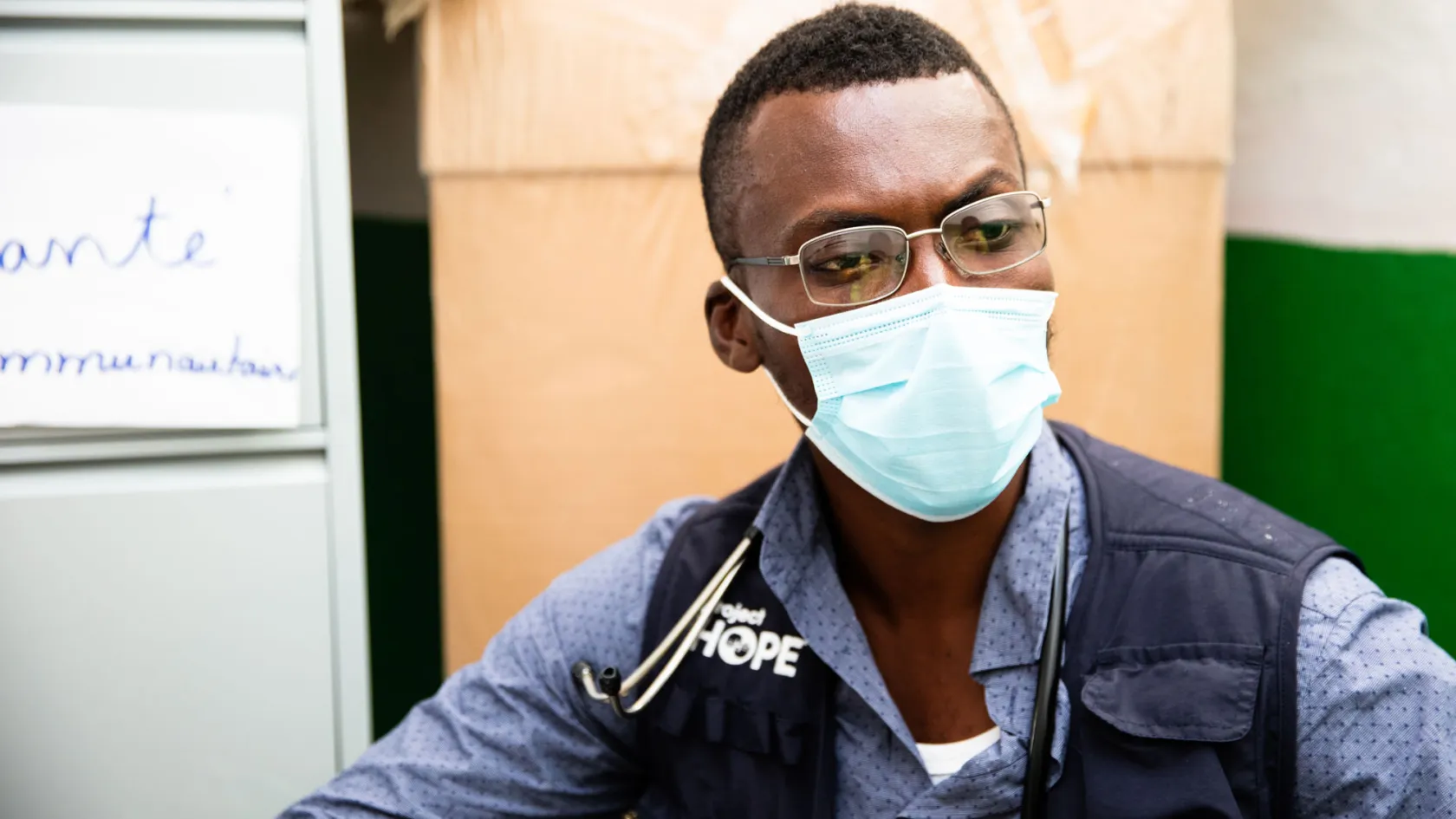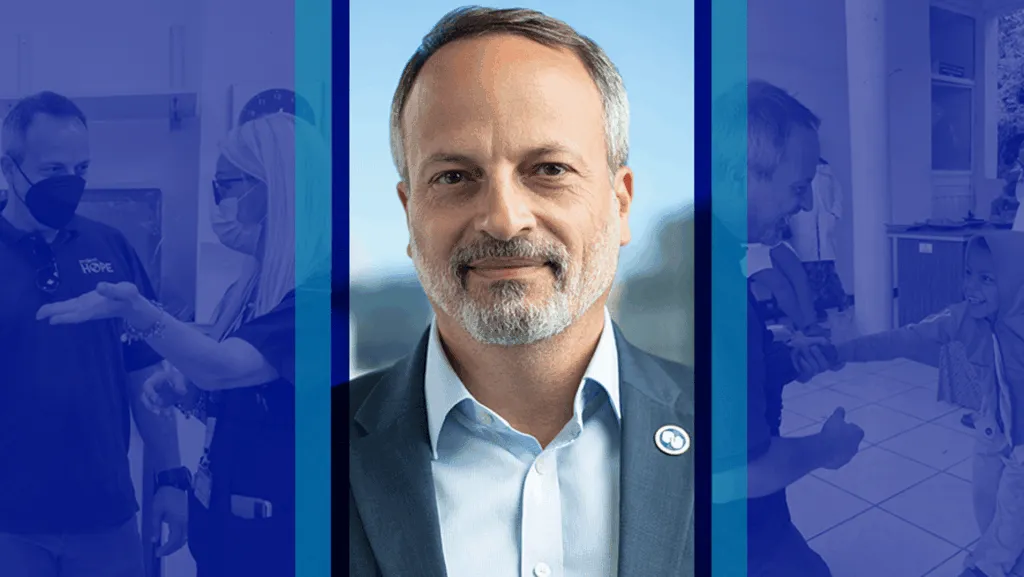With the Climate Clock Ticking, Our Health Faces Increased Harm
In advance of COP26, there is urgency to acknowledge the catastrophic effects of climate change on health & to take measures to prepare and anticipate health risks.

Washington, D.C. (October 14, 2021) – As heads of countries and other representatives prepare to gather for the 2021 United Nations climate negotiations– COP26–in November, there is urgency to acknowledge the catastrophic effects of climate change on health and to take measures to prepare and anticipate health risks. The COVID-19 pandemic has made this even more pressing, as we have witnessed the deadly threat that diseases can cause when left unchecked. Climate change has already made conditions more favorable to the spread of some infectious diseases, and it will only get worse as changes in weather occur more frequently.
Tom Cotter, Project HOPE’s director of emergency response and preparedness, issued the following statement:
“If the science was not clear enough, extreme weather events witnessed by communities around the world should be more than enough reason to take immediate actions to protect people from the catastrophic effects of climate change.
“The devastating effects of climate change are visible all around us –from the wealthiest to the poorest nations, from the Southern to the Northern hemisphere, from New York to South Sudan. Many countries in which we have conducted emergency responses to provide health care relief following natural disasters have battled one storm after another. They barely have time to recover from one storm, then another one hits. For example, in Honduras and neighboring countries, two subsequent powerful hurricanes wreaked havoc in November 2020, killing hundreds of people and displacing millions. Both storms, which hit the same communities just two weeks apart, resulted in the destruction of crops, livelihoods, homes, and critical infrastructures. Intense natural disasters taking place within a very short period of time and causing massive destruction will become the new norm.
“The rise of extreme weather events is increasingly harming people’s health and hampering access to health care. Health infrastructures, damaged or destroyed by natural disasters, need to be rebuilt and strengthened. This can take time if resources aren’t immediately available. As a result, communities are deprived of, or delayed from, having access to health care services as soon as they need it. The rise of storms, floods, and drought have also caused increases in food-borne, water-borne and vector-borne diseases. In all of our emergency responses following natural disasters, we routinely assess interruptions of water supply and sanitation systems caused by storm damage. Basic hygiene measures such as handwashing become difficult, creating an environment where diseases can spread rapidly. Additionally, the destruction of crops and livestock because of changes in weather have contributed to a rise of food insecurity and malnutrition in many countries around the world, directly affecting the health and development of communities.
“Finally, we should not discount the effects of climate change on mental health. People will increasingly suffer from post-traumatic stress and anxiety as their lives are impacted by more intense and more frequent natural disasters. In addition to traditional health care relief efforts, Project HOPE incorporates mental health services into its emergency response programs. Yet, the unfortunate reality is that some people never fully recover from the trauma of disaster.
“Today, we are all witnessing the effects of climate change and the science is telling us that it will get worse. As heads of state and representatives of countries prepare to gather at COP26, actions must be taken to mitigate the adverse effects of climate change. The warning period is over, and the time for bold, decisive action is now. Climate change is here. We see it and we feel it. Scores of people have already been needlessly lost in the battle against climate change, we must change course and act urgently. Governments must commit to investing in health systems that are climate-resilient and environmentally sustainable while protecting vulnerable populations from disease outbreaks as a result of changes in weather.
“The climate clock continues to tick; our health and lives, as well as future generations, will depend on the choices world leaders decide to make.”
About Project HOPE
With the mission to place power in the hands of local health workers to save lives around the world, Project HOPE is a global health and humanitarian organization operating in more than 25 countries. Founded in 1958, we work side-by-side with local health systems to improve health and support community resilience. We work at the epicenter of today’s greatest health challenges, including infectious and chronic diseases; disasters and health crises; maternal, neonatal and child health; pandemic preparedness and response; mental health for health workers; and the policies that impact how health care is delivered. For more information, visit www.ProjectHOPE.org and follow us on Twitter @ProjectHOPEorg.



